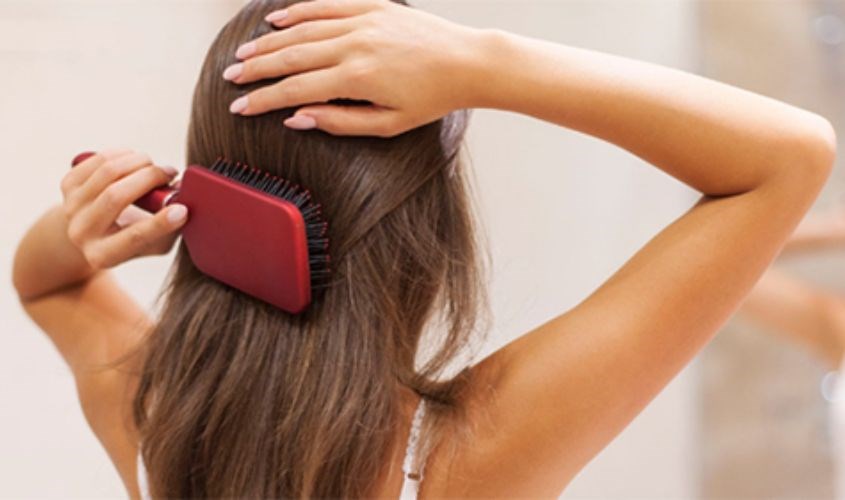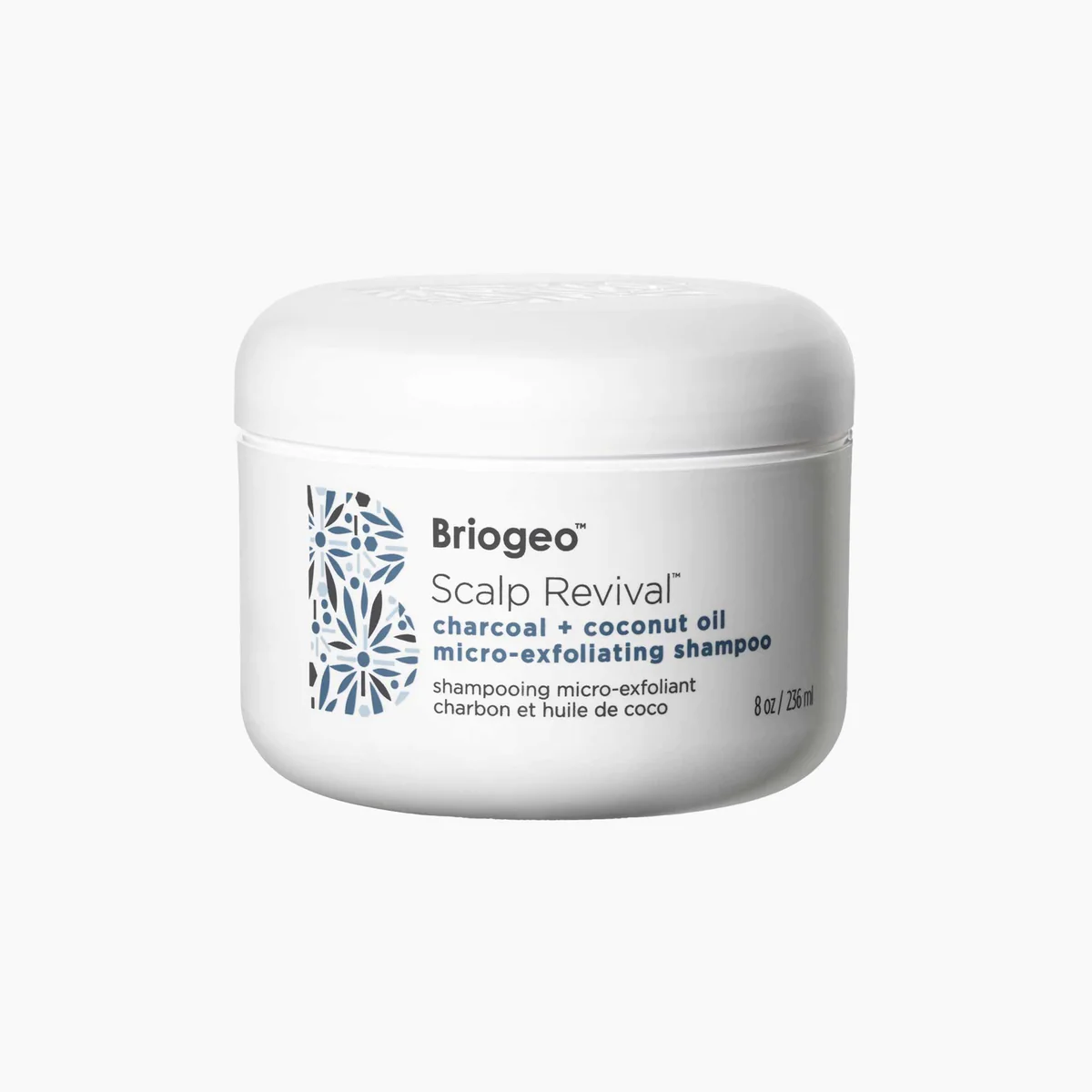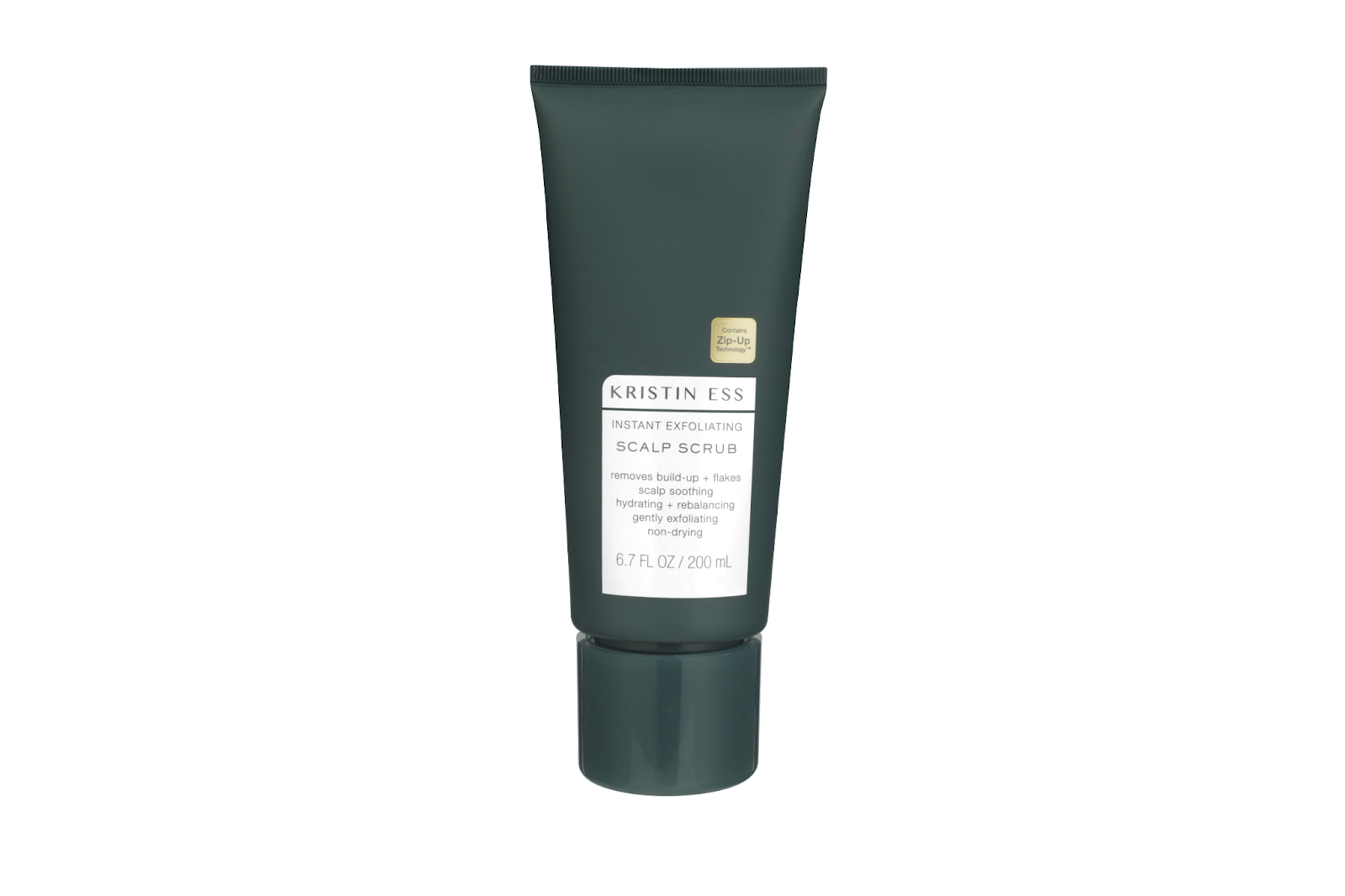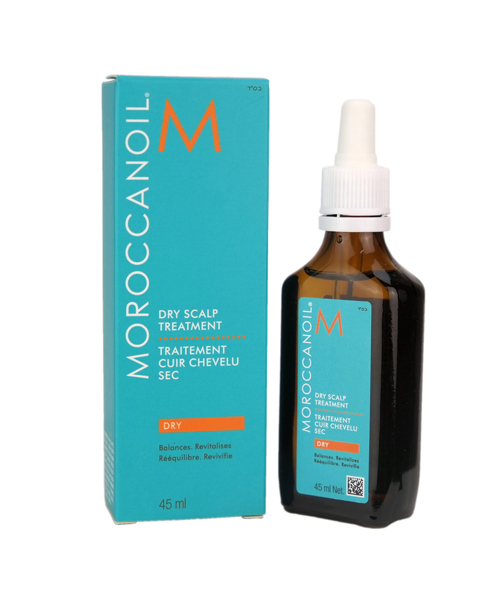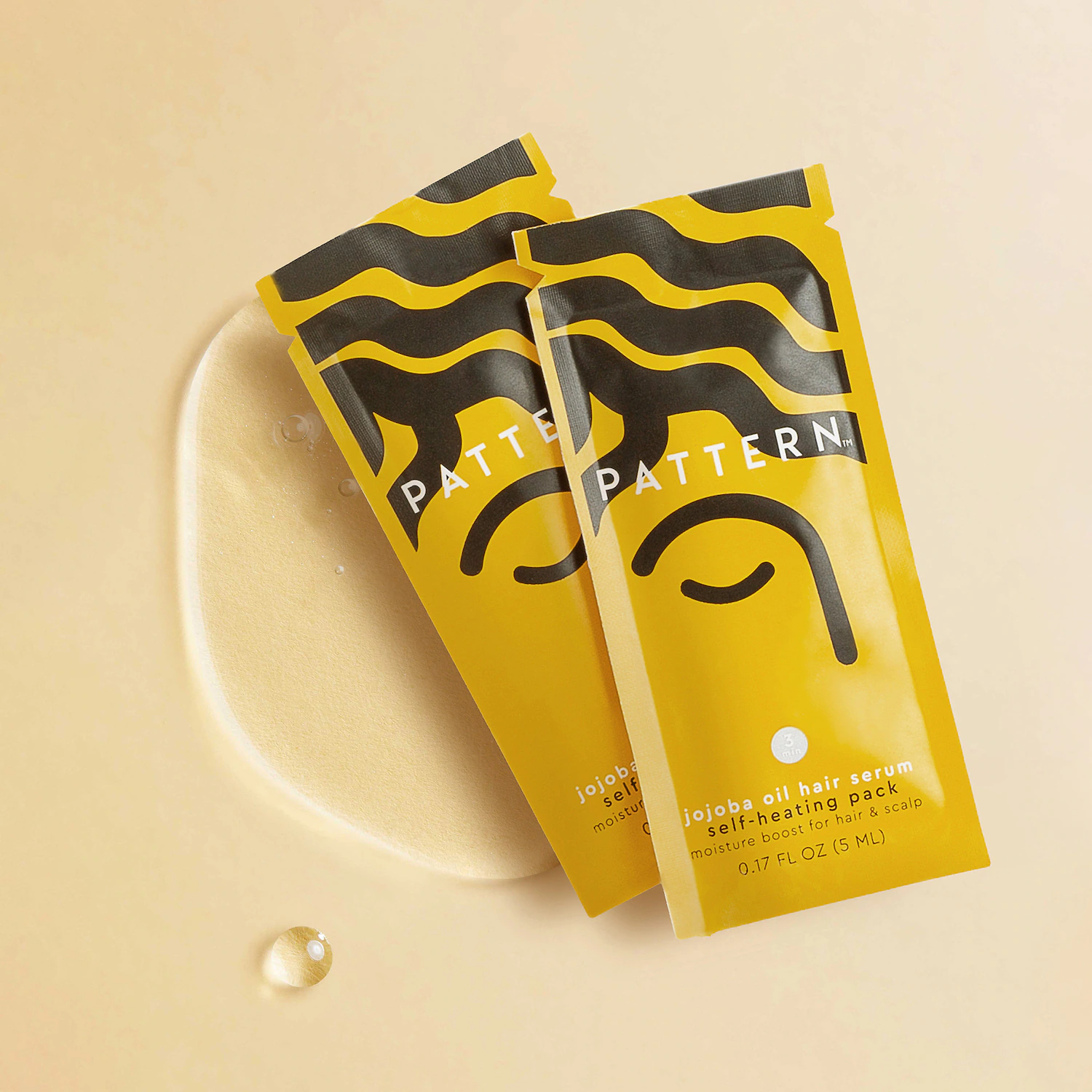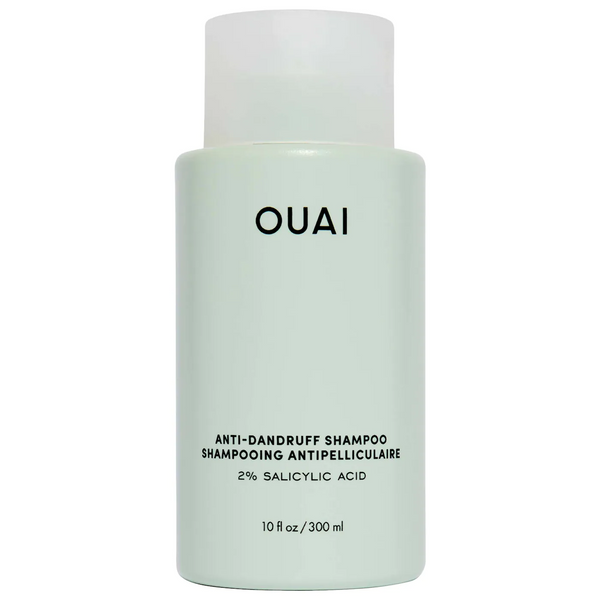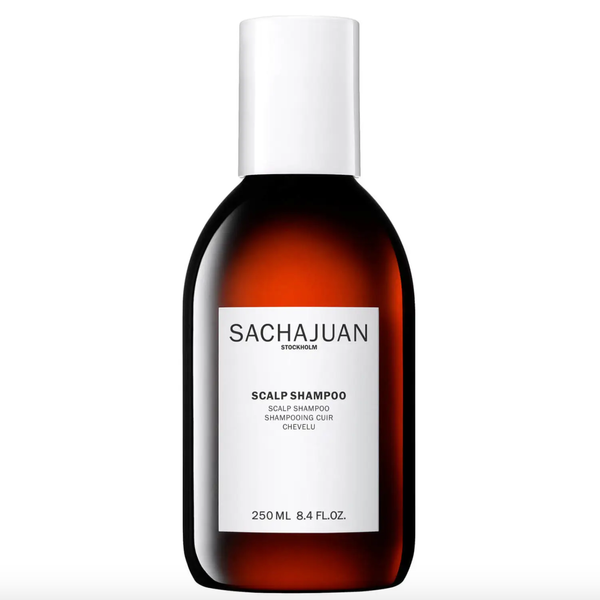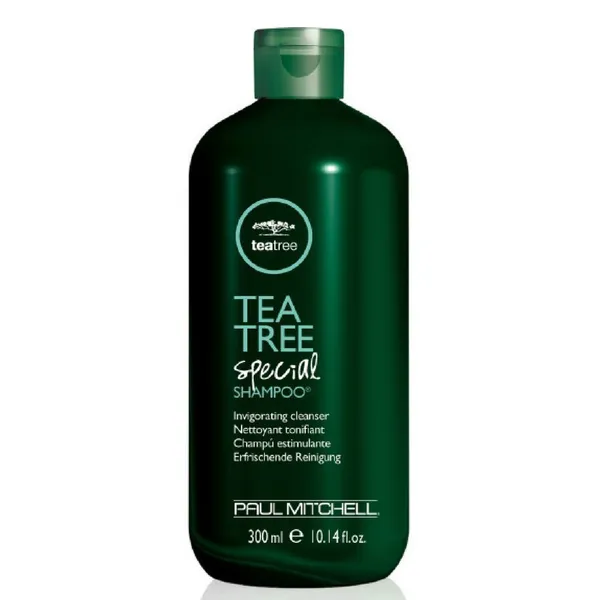Our lips are crucial for showing feelings, talking, and even telling us how healthy we are. But for some folks, having dry and peeling lips is a constant bother. If you’re always grabbing lip balm or wondering why your lips are always so dry, you’re not the only one. Let’s dive into the reasons behind always having dry and flaky lips, sharing tips that can help your lips feel better and full of life again.

WHAT ARE THE SYMPTOMS OF CHAPPED LIPS?
Chapped lips, a common ailment affecting many, manifest through several distinctive symptoms. One prevalent sign is the presence of redness, as the delicate skin on the lips becomes irritated and inflamed.
Dryness is another key indicator, often accompanied by a sensation of tightness, roughness, or a parched feeling. Peeling, where the outer layer of skin on the lips starts to flake or shed, is another characteristic symptom of chapped lips.
In more severe cases, cracks may appear on the lips, causing discomfort and making routine activities like eating or speaking more challenging. These symptoms collectively signify the discomfort and potential pain associated with chapped lips, prompting individuals to seek relief through various remedies and preventive measures.
COMMON CAUSES OF CHAPPED LIPS
SALTY OR SPICY FOODS
If you love snacks like pretzels or chips, they might be causing your lips to peel. Salty foods, especially those with a lot of salt on them, can affect your lips. Salt takes away water, making your lips dry. Spicy snacks can also irritate your skin and make your lips lose water. To help your lips heal, try avoiding salty foods for a bit and use a lip balm with paraffin wax.
LIP BALM ADDICTION
Even though lip balms promise to hydrate, not all of them do the job well. Dr. Marnie Nussbaum, a skin doctor in New York City, explains that some lip balms only provide quick moisture from the air. However, without things like petroleum, beeswax, shea butter, coconut oil, or squalene (called occlusives), the moisture doesn’t stay locked in, and your lips can end up feeling even drier. To avoid constantly reapplying, it’s important to use a lip balm that has both humectant and occlusive ingredients. Dr. Nussbaum also suggests steering clear of parabens, phenol, phthalates, fragrances, and lanolin if you have sensitive skin.
LICKING YOUR LIPS
Licking your lips might seem like a quick way to moisten them, but it can actually lead to dryness. When you lick your lips, the saliva evaporates, taking away moisture and leaving your lips drier than before. This habit can strip away natural oils from your lips, making them more prone to dryness and potentially causing them to become chapped or cracked. To keep your lips hydrated, it’s best to resist the urge to lick them and instead use a moisturizer.
DEHYDRATION
Even though having dry skin doesn’t always mean you’re not drinking enough water, your lips can get dry faster if you’re not hydrated. That’s because the skin on your lips changes quickly. If you notice other signs of not drinking enough water, it’s okay. You can fix it easily by making sure to drink water regularly during the day. Experts say you should aim for about half your body weight in ounces of water.
CONSTANTLY EXPOSED TO DRY AIR
If you’re always around dry air, it can make your lips dry too. When the air doesn’t have much moisture, it takes away the moisture from your lips, making them feel dry and sometimes cracked. To help, you can use lip balm to add moisture to your lips and protect them from getting too dry. So, if you’re in a place with dry air, it’s a good idea to keep your lips moisturized to avoid dryness.
EXCESS SUN EXPOSURE
If your lips get even drier in the summer, it could be because of the sun. Believe it or not, your lips can get sunburned too. They’re actually more likely to get sunburned than other parts of your skin because your lip skin is different. If you don’t take care of sunburned lips, it could lead to something called actinic cheilitis, which is a problem caused by being in the sun for a long time. This can make your lips scaly and discolored. If you don’t treat it, it might even turn into something more serious, like squamous cell carcinoma, which is a type of skin cancer. It’s important to protect your lips by using a lip balm with SPF 30 or higher when you’re out in the sun.
MEDICATION
Certain medications can contribute to dry lips as a side effect. Some drugs may affect the moisture levels in your body, leading to dehydration and subsequently drying out your lips. Additionally, certain medications may have ingredients that can directly impact the skin, making it more prone to dryness. If you’re experiencing persistent dry lips and are on medication, it’s a good idea to consult with your healthcare provider. They can provide guidance on managing this side effect, adjusting your medication if necessary, or recommending suitable remedies to keep your lips moisturized.
YEAST INFECTION
While relatively uncommon, yeast infections can contribute to dry lips. Candida, a type of yeast, may overgrow on the lips, leading to a condition known as angular cheilitis. This can result in dryness, redness, and cracking at the corners of the mouth. Yeast infections often thrive in warm and moist environments, and factors such as saliva, weather conditions, or compromised immune systems can contribute to their occurrence. If you suspect a yeast infection is causing your dry lips, seeking medical advice is essential for proper diagnosis and treatment to alleviate the symptoms and address the underlying cause.
ACTINIC CHEILITIS
With this condition, your lower lip can get dry and have scaly patches. This dry and cracked area can make it easy for skin cancers to appear, especially squamous cell carcinomas in older folks. If you have this, the treatment involves using special creams or light therapy to help your skin fight back or get rid of the damaged cells. But before that, your doctor will do a test called a skin biopsy to make sure it’s the right treatment for you.
VITAMIN DEFICIENCY
According to dermatologist Dr. Adam Friedman, dry, cracked lips often indicate various vitamin B deficiencies, with B12 deficiency being the most common culprit. B12 is crucial for cell growth, healing, and turnover, and its shortage can lead to dryness and slow healing. Chapped lips can also result from a lack of vitamin C, though this is less common due to the usual presence of recommended daily intake in diets. To address these deficiencies, your doctor can conduct a blood test to pinpoint the exact vitamin lacking and recommend supplements or dietary changes accordingly.
PARANEOPLASTIC PEMPHIGUS
This is an extremely uncommon situation, but covering all possibilities! Paraneoplastic pemphigus is an autoimmune disease linked to cancer, according to Dr. Friedman. Though it may show up as a skin rash, the main sign is an erosive oral disease. If you notice severe symptoms like cracked and bleeding lips, sores, redness, or swelling around your mouth, it’s important to talk to your doctor about the possibility of a more serious and blistering condition.
ALLERGIC REACTION OR IRRITANT CONTACT DERMATITIS
Dry lips can sometimes be a result of an allergic reaction or irritant contact dermatitis. When your lips come into contact with substances that trigger allergies or irritate the skin, it can lead to dryness and discomfort. Allergic reactions may be caused by certain lip products, such as lip balms or lipsticks, while irritant contact dermatitis can result from exposure to harsh chemicals or environmental factors. The symptoms may include dryness, redness, swelling, or even the development of small blisters on the lips. Identifying and avoiding the specific allergen or irritant is crucial in managing and preventing these reactions.
HOW TO TREAT CHAPPED LIPS
Chapped lips can be a pesky and uncomfortable issue, but with the right care, you can soothe and revitalize your lips. Here’s a guide on how to treat chapped lips effectively.
HYDRATION IS KEY
One of the fundamental steps in treating chapped lips is to stay well-hydrated. Drink plenty of water throughout the day to keep your body, including your lips, moisturized from the inside. Hydration plays a crucial role in maintaining the suppleness of your lips and preventing dryness.
GENTLE EXFOLIATION
Exfoliating your lips can help remove dead skin cells and promote the regeneration of new, healthy skin. Use a gentle lip scrub or a homemade mixture of sugar and honey to softly exfoliate your lips. Be cautious not to overdo it, as excessive scrubbing may worsen the chapping.
CHOOSE THE RIGHT LIP BAM
Opt for a high-quality lip balm that contains moisturizing ingredients like beeswax, shea butter, or coconut oil. Avoid lip balms with potential irritants such as fragrances or menthol. Applying the lip balm regularly, especially before going outdoors, forms a protective barrier against harsh weather conditions.
PROTECT FROM THE SUN
If you’re heading out into the sun, consider using a lip balm with SPF to shield your lips from harmful UV rays. Sun exposure can contribute to dryness and exacerbate chapped lips, so incorporating sun protection is an essential preventive measure.
AVOID LICKING YOUR LIPS
While it might be a natural instinct, licking your lips can worsen the problem. Saliva can contribute to further moisture loss, leading to increased dryness. Break the habit of licking your lips and opt for using a hydrating lip balm instead.
HUMIDIFY YOUR ENVIRONMENT
In dry climates or during the winter months when indoor heating systems are in use, the air can become particularly dry. Using a humidifier in your living or sleeping space adds moisture to the air, preventing your lips from drying out.
CONSULT A HEALTHCARE PROFESSIONAL
If your chapped lips persist despite home remedies, or if you notice any unusual symptoms like persistent sores or inflammation, it’s advisable to seek advice from a healthcare professional. They can help identify any underlying issues and recommend appropriate treatments.
By following these simple yet effective steps, you can alleviate chapped lips and restore them to a soft and comfortable state.
HOW OFTEN SHOULD I BE APPLYING LIP BALM
The frequency of applying lip balm depends on various factors such as individual needs, weather conditions, and personal habits. In general, it’s recommended to apply lip balm regularly throughout the day, especially if you are exposed to elements that can contribute to dryness, such as cold or windy weather. Applying lip balm in the morning and before bedtime can be a good routine, and it’s crucial to reapply after eating or drinking. If you spend a significant amount of time outdoors or in dry environments, consider more frequent applications to maintain optimal lip hydration.
Listen to your body—if your lips feel dry or start to chap, applying lip balm promptly can help prevent further discomfort.
WHEN SHOULD I SEE A DOCTOR FOR MY CHAPPED LIPS
If your chapped lips persist despite consistent home care efforts or if you notice any concerning symptoms, it’s advisable to seek medical attention. Signs that may warrant a visit to the doctor include severe or persistent dryness, cracking, bleeding, or the development of sores on your lips.
Additionally, if you experience inflammation or notice any unusual changes in the color or texture of your lips, it’s crucial to consult with a healthcare professional. These could be indicators of underlying issues that require specific medical attention.
If you have tried over-the-counter remedies without improvement or if your chapped lips are accompanied by other concerning symptoms, scheduling an appointment with a doctor will help identify the root cause and determine the most appropriate course of treatment for your specific condition.
CONCLUSION
Persistent dryness and peeling of the lips can be attributed to various factors, including dehydration, excessive licking, environmental exposure, and inadequate lip care. Adopting a consistent routine of hydration, using a suitable lip balm, and protecting the lips from harsh conditions can contribute to healthier and more nourished lips. If issues persist, consulting with a healthcare professional may provide further insights and tailored solutions for optimal lip care.



